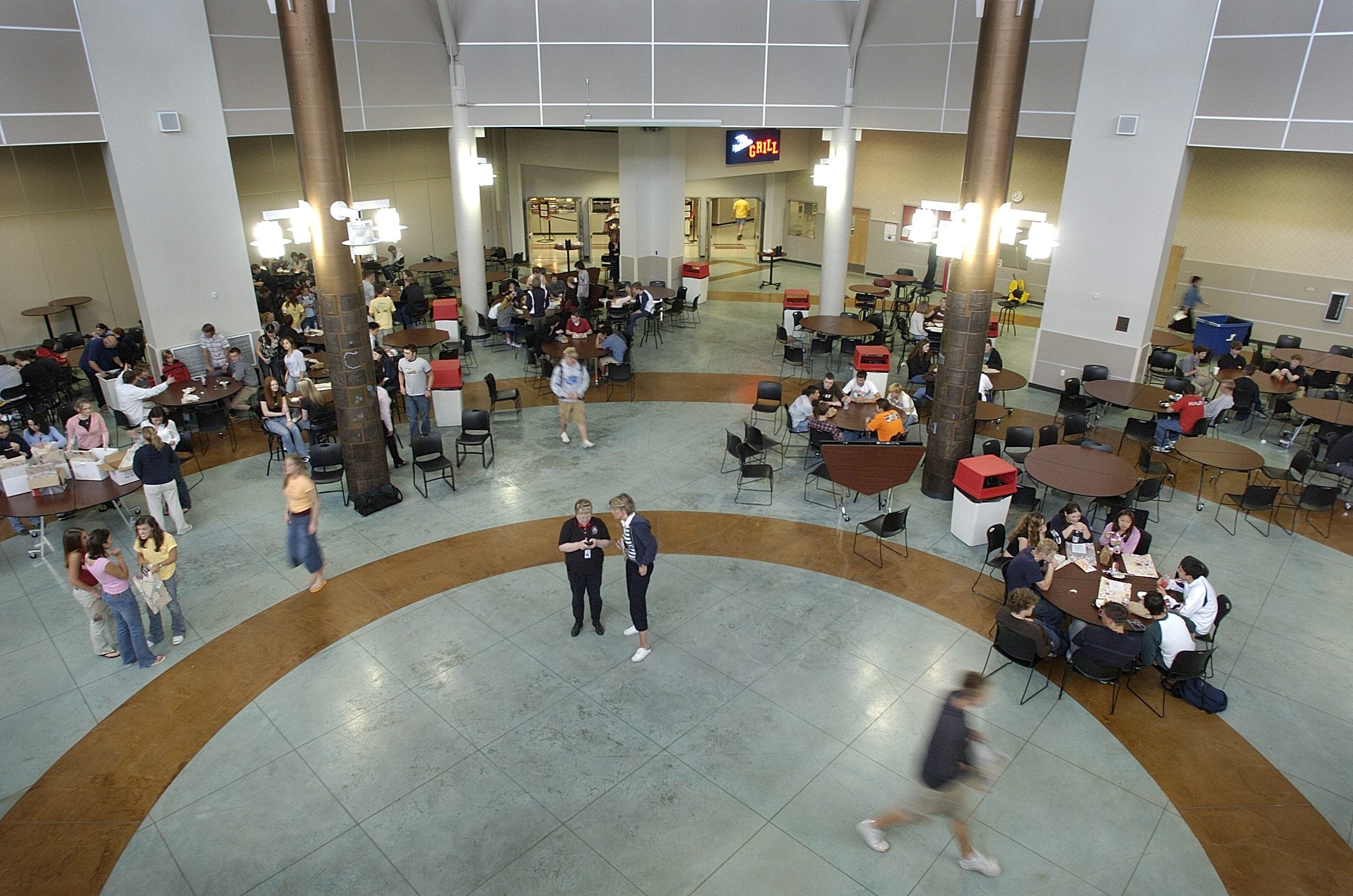A weeklong celebration of diversity at Camas High School has been pushed back until spring.
Unity Week was scheduled to start Monday, but Abigail Jiang, the event’s organizer, announced Thursday it would be delayed until at least February or March. The celebration was pushed back due to a combination of timing and the school administration’s desire to be more involved.
Part of the issue stems from a Nov. 7 protest outside the school, where a group waved religious signs and yelled into a megaphone at students. At the time, district officials, students and staff thought the protest was a response to the drama club putting on a performance of “The Laramie Project,” a play that follows the fatal beating of Matthew Shepard, a University of Wyoming student who was targeted because he was gay.
The same group has since popped up at other schools around the county, suggesting the visit to Camas was more coincidence than a reaction to the play. However, in the aftermath of the protest, there was tension at the school. Students wanted to show their support for the play and their peers in the LGBTQ community who felt attacked by the protesters. That made some other students uncomfortable, said Tim Fox, associate principal at Camas High School.




